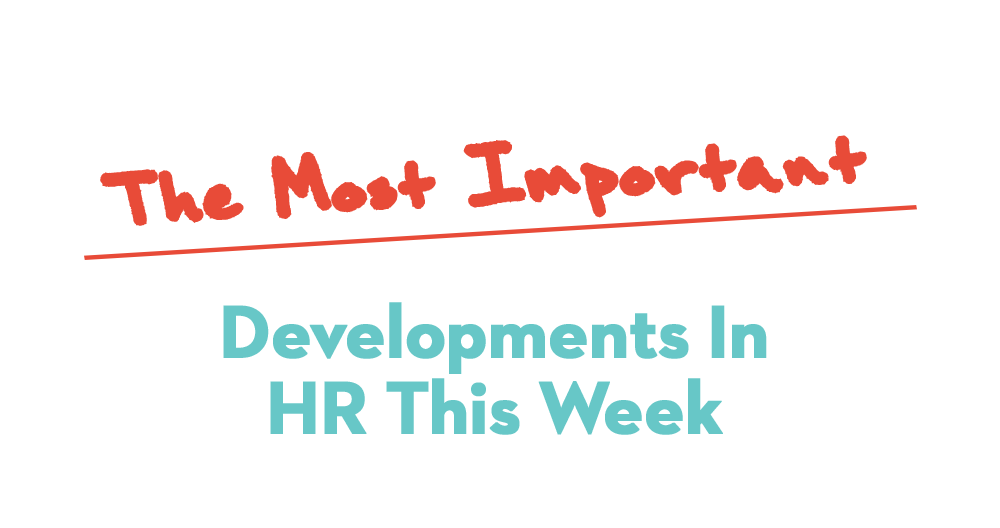
Michael Lawrence recalls vividly what he was doing in 2008 when the Great Recession hit. At age 26, he was in his first HR job, working for a Las Vegas casino. He was excited to be training the casino’s 5,000 employees on new guest services standards. In small groups over several months, he was pumping up workers and telling them how great the company was doing. However, as employees came back for subsequent sessions, they shared troubling news: Some of their co-workers had been laid off, and they feared they would be next. HR Magazine (Spring 2019 Issue)


With unemployment hovering at historic lows, employers are beefing up their benefits and perks to attract candidates. Employees have come to expect benefits as part of their overall compensation from their employers. Ever wonder how it all started? The very first benefit recorded for workers happened during colonial times. In 1636, Plymouth (now part of Massachusetts) began paying a pension to colonists who were disabled during the fight for independence; later, in 1789, the government did the same for veterans of the Revolutionary War. As the country grew, so did the need for skilled workers in manufacturing, which meant that individual employers needed a way to attract talent and keep them loyal. So in 1797, Albert Gallatin, the Secretary of the Treasury, who also happened to be a glassworks mogul, crafted the nation’s first profit-sharing plan for his employees. Fast Company


The topic of HR and the Employee Experience is enormously important, and it’s actually harder than it looks. First, the phrase “Employee Experience” has become a giant vortex for everything in HR. All the programs we’ve invested in over the years (employee engagement, diversity and inclusion, leadership development, performance management) are all part of the employee experience. So in a sense Employee Experience is not a “program,” it’s a “topic.” (Or maybe a mindset.) And wrapped around this topic we have hundreds of new technology tools to help diagnose and improve the employee experience. Every survey tool, portal tool, mobile app, and process management tool now has “employee experience” slapped on its website, telling us “this, too, will make your employee experience better.” It turns out we are now in a stage where most companies have too much technology, and not enough time. So a major part of the employee experience is simplifying the technology experience, and designing HR programs that happen “in the flow of work.” Josh Bersin (also referenced: HR Happy Hour Podcast)


No matter how talented someone might be, there is no guarantee that their talents will translate into top performance. The science of human potential has generally illustrated that an individual’s overarching competence cannot be fully understood unless we also account for their emotional makeup, preferences, and dispositions. No matter how smart, knowledgeable, and experienced you are, there is generally a difference between what you can do and what you normally do. This is one of the reasons why talent identification efforts fail: When employers focus too much on candidates’ potential — the best they could do if they were motivated to do their best — they forget that the critical outcome they should try to predict is what people are actually likely to do once they are in the job, in particular their typical performance. Harvard Business Review


CollegeWise, a college admissions agency, consistently scores in the 99th percentile in Gallup employee engagement surveys, and for the past four years, it has had a near zero turnover rate. SHRM puts the annual turnover rate for companies at around 19 percent. So what is CollegeWise doing right? CEO Kevin McMullin encourages his managers to adopt a different kind of one-on-one with employees. The manager comes to the meeting only with questions, and it’s her or his job to empathize and learn. Not to problem-solve and manage. Not to make suggestions and review mistakes. To empathize and learn. So, employees are a lot more likely to bring up difficult things. Managers are infinitely more likely to hear about issues before they’re huge problems. You’ll be able to nip things in the bud, rather than have to put out fires later. Inc.










